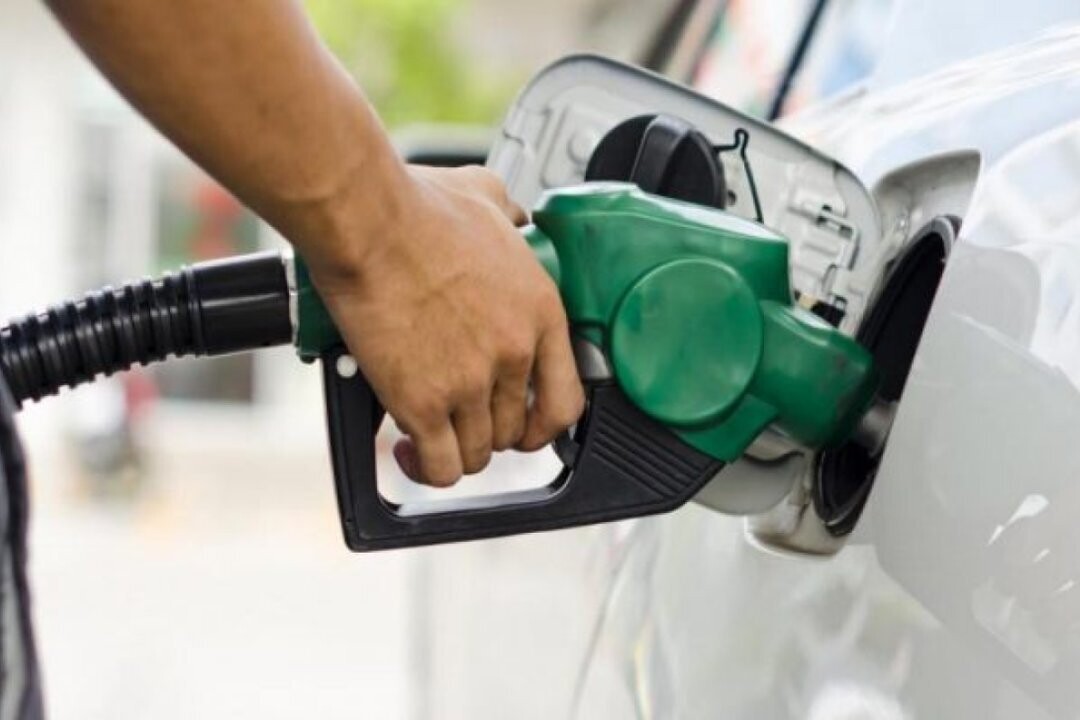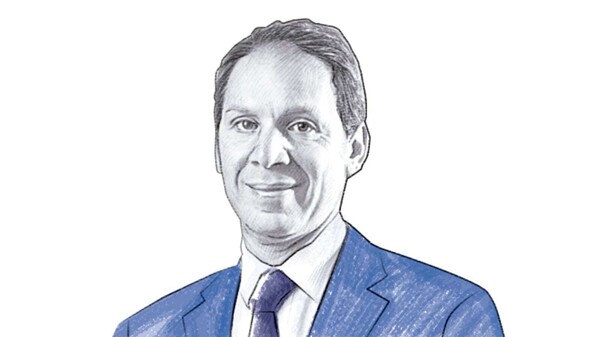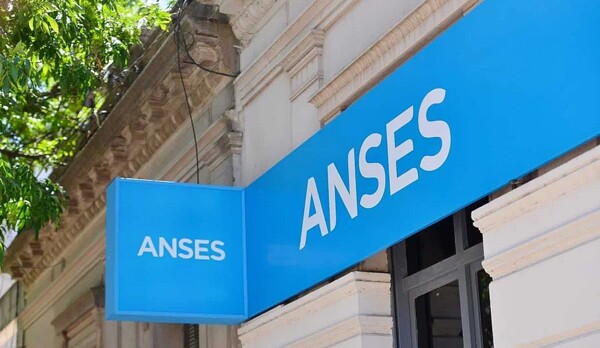
Fuel prices will rise less than expected starting this Friday, with an adjustment of 2.75% nationwide, instead of the anticipated 4%. This measure will be applied by YPF, and it is expected that its competitors Shell, Axion, Puma, Dapsa, Gulf, and Refinor will follow suit. In the Patagonia region, the increase will be greater to reduce the 20% gap with the rest of the country, considering logistical costs.
"The increase aims to offset the effects of the October devaluation and the update of taxes, without passing on additional costs to align local prices with international ones, since this week crude oil in the global market has decreased," said an industry representative. Initially, it was expected that the adjustment would be close to 4%.
It is worth noting that the increase in gasoline and diesel prices follows the first decrease in fuels in almost six years, implemented in October. For example, YPF's super gasoline in the City of Buenos Aires will rise from $1.048 to approximately $1.077 per liter. Since the beginning of the year, this fuel will have increased by almost 95%, in contrast to inflation that will be around 107.5% in the first 10 months and 114% by the end of November.
Since Javier Milei took office in December 2023, the price of super gasoline has risen by 166.5%. On the other hand, fuel sales to the public at service stations have fallen again in September, accumulating a 6% decrease so far in 2024.













